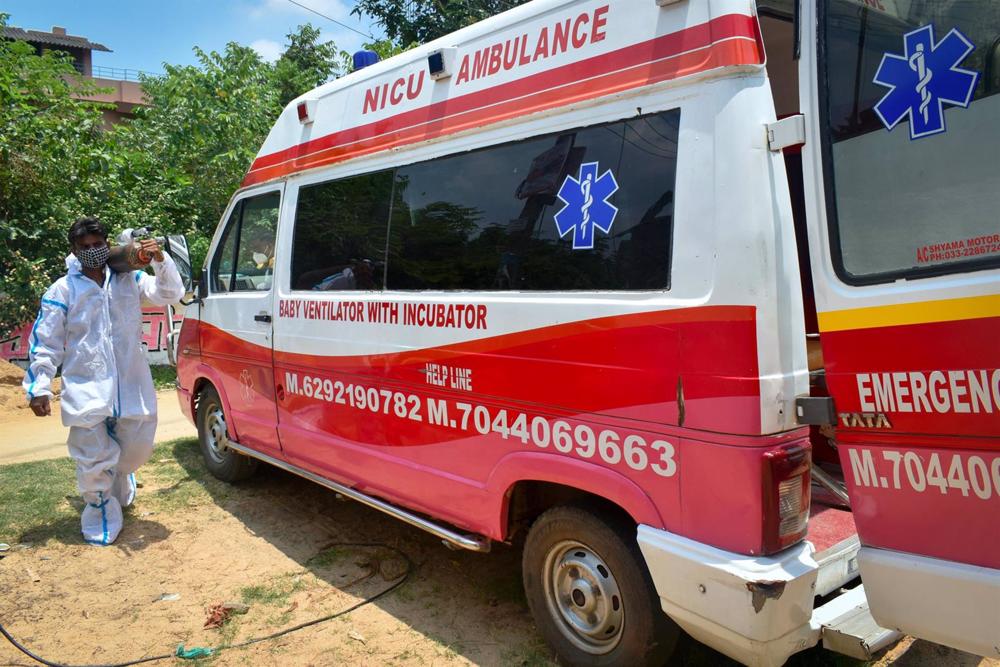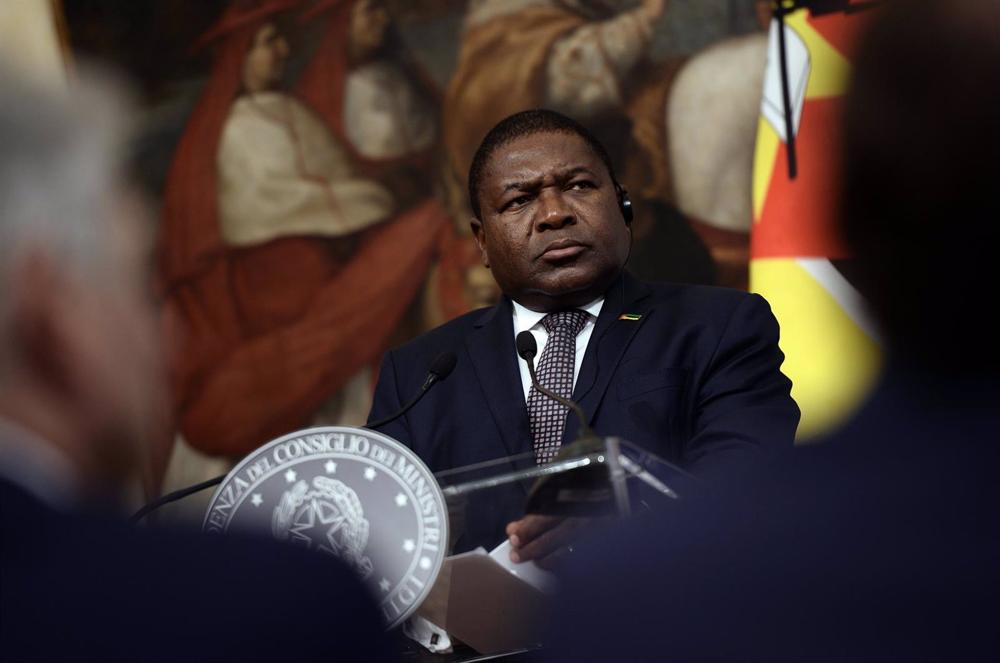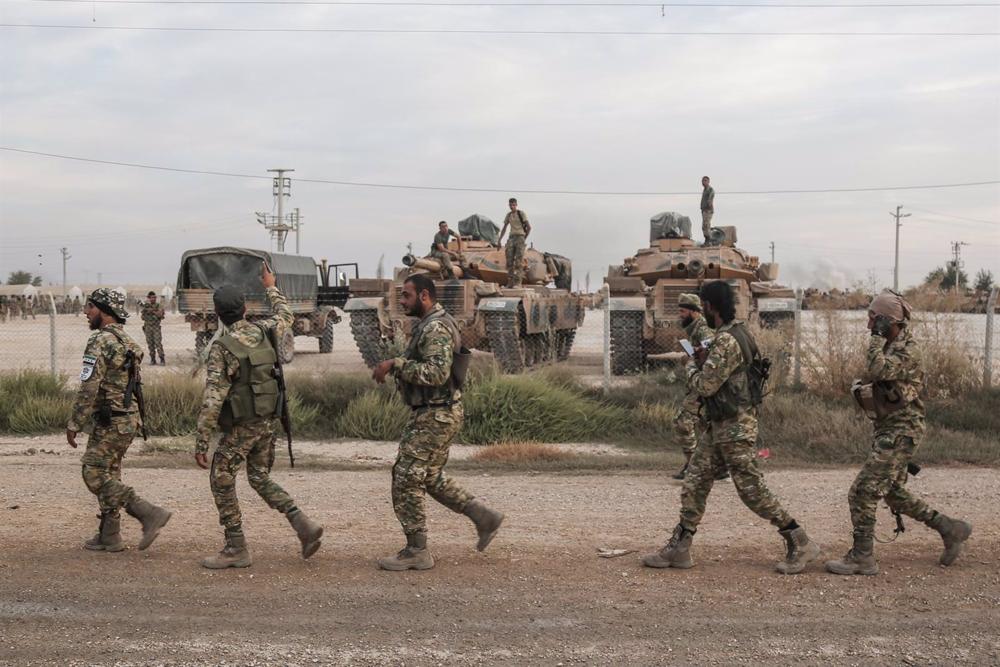
Four international NGOs with a presence in Afghanistan have warned that without the «indispensable» work carried out by female humanitarian workers, the organizations will no longer have access to a large part of the population at risk and requiring attention to meet some of their most basic needs.
The NGOs Save the Children, World Vision, CARE International and the Norwegian Refugee Council (NRC) held a joint telematic press conference on Thursday, under the umbrella of Save the Children, where they denounced the recent decision of the Taliban authorities to ban women from humanitarian work.
Save the Children’s Director General, Inger Ashing, regretted the «unacceptable» decree of the Taliban, which was preceded by the also controversial decision to ban the female population from university studies, limiting to the maximum their educational possibilities.
«It is a completely unacceptable decision, we need more female workers, many (…) We cannot provide humanitarian care without our female colleagues,» said Ashing, who stressed that female personnel «do some of the hardest work» in Afghanistan.
This idea, endorsed by the other humanitarian representatives present at the videoconference, is justified by the fact that, under the laws imposed by the Taliban, Afghan women and girls can only be treated by humanitarian personnel of the same sex.
As a result, half of the Afghan population will now be left unattended because of the Taliban decree, which will also cause «thousands of families» hitherto not at risk to see their needs increase.
In this line, the CEO and president of World Vision, Andrew Morley, has insisted that female staff have «access to part of the population that men cannot.» «They save lives and their work is indispensable. The participation of women in humanitarian aid must continue,» he said.
Morley also highlighted the fact that the head of World Vision in Afghanistan is a woman, and denounced that the prohibition of the de facto authorities is not in line with supporting the population or protecting them from the constant risks to which they are exposed, even more so since the Taliban ascended to power in August 2021.
«Humanitarian needs are growing by the day in Afghanistan. The children need us. We have helped and stood by the children for more than two decades (in Afghanistan), we must find a solution now for the children and women,» concluded the head of World Vision.
On the other hand, NRC’s regional director for Asia and Latin America, Adam Combs, called for unity among humanitarian organizations and international agencies to stand strong and denounce what he considers to be an «unacceptable» measure.
In this line, he insisted that the Taliban decree requires a strong response from international diplomacy and non-governmental organizations. «It is not possible to carry out humanitarian aid with these measures», warned Combs, who also stressed the terrible economic and food situation in the country.
Finally, the secretary general of CARE International, Sofia Sprechmann Sineiro, warned of the generalized impact that the decree will have on the Afghan population as a whole and maintained that the humanitarian work carried out by women is a «non-negotiable» part of the aid provided by NGOs.
«We strongly condemn the decision of the Taliban authorities. It is an unacceptable decision against international principles and against humanity. We urge rectification for the benefit of all Afghans,» said Sprechmann, who appealed to the United Nations to support women and girls in the Asian country.
For Sprechmann, «all the work» of humanitarian organizations is now moving to a more dangerous stage, as the health of all women and girls is «at risk».
In conclusion, all the representatives of the humanitarian organizations agreed that, although the situation in Afghanistan was already extremely serious, with this latest decision by the de facto authorities, humanitarian assistance has become a matter of «life and death».
«The decree must be reversed because otherwise the situation will be devastatingly deadly,» said Sprechmann, to which the representative of Save the Children concluded that, if the work of NGOs is restricted, thousands of people will die, essentially minors.
Source: (EUROPA PRESS)






